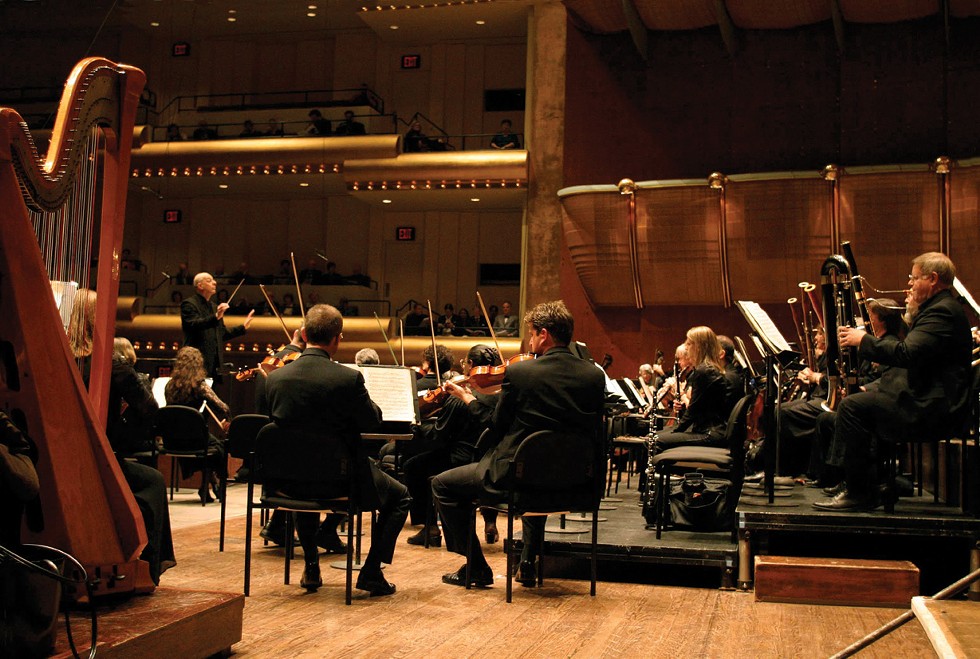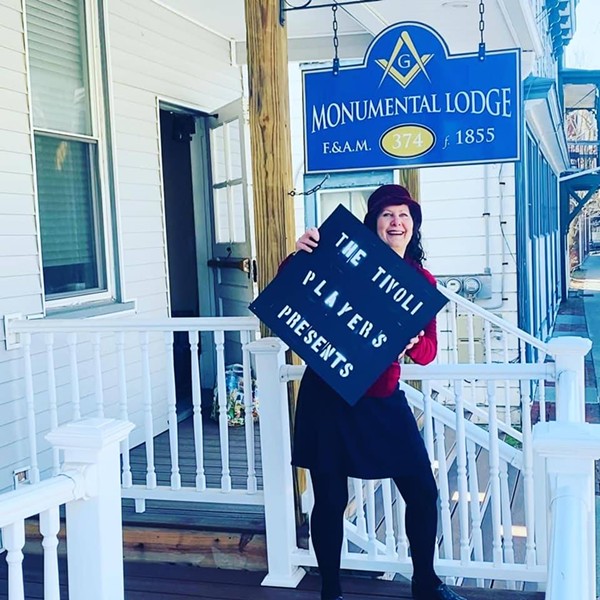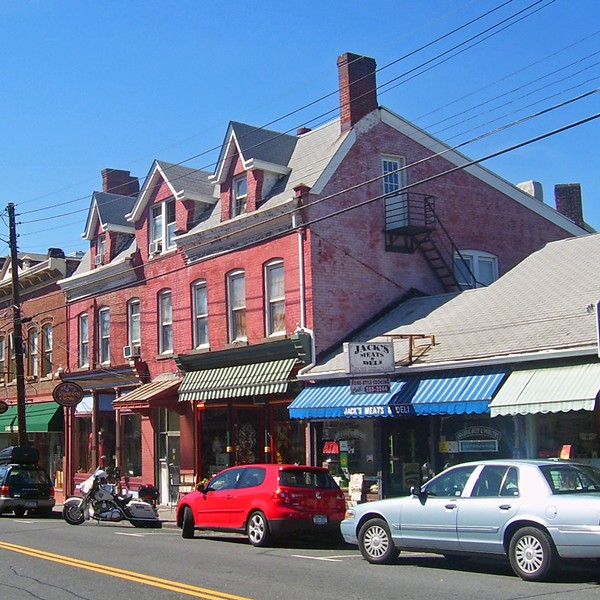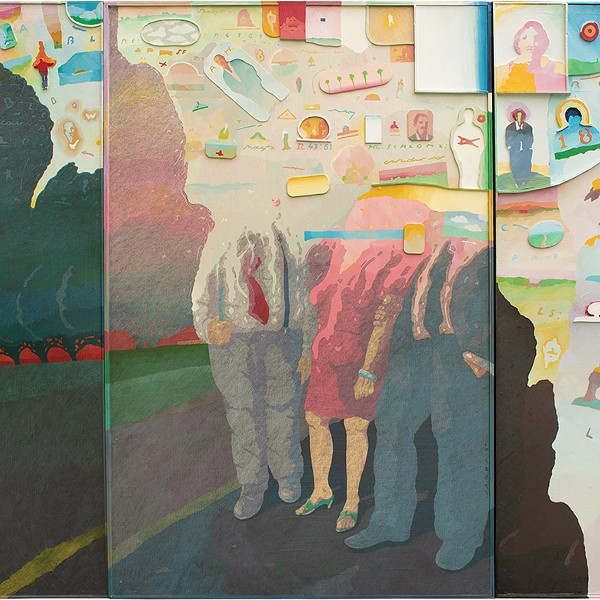The American Symphony Orchestra continues its performance of every Beethoven symphony on February 11 and 12. The highlight of the performance will be Beethoven's Seventh. "It's considered quite a celebratory work, and I think that speaks to the times—the impending victory over Napoleon," explains Bard music professor Christopher Gibbs, who wrote the program notes. "The last movement's incredibly intense. Wagner gave the most famous soundbite of it. He said the symphony was 'the apotheosis of the Dance'—that it takes dance to an element of almost frenzy." Indeed, in the 20th century, the allegretto from the second movement has been choreographed as much as any classical work.
Last year the American Symphony Orchestra began performing the Beethoven symphonies, in order, to mark the 150th birthday of Bard College. This year the orchestra will complete the series. (Ludwig and Bard never coexisted; Beethoven died in 1827.) The concerts take place at the Fisher Center on the Bard campus.
This concert includes the Tenth Symphony, titled "Wellington's Victory," sometimes referred to as "The Battle Symphony." It was a crowd-pleaser in Beethoven's lifetime but is rarely performed today. To recognize its importance, one must understand 19th-century Vienna. (The history of Western classical music is often the history of Vienna.) "Napoleon had invaded Vienna twice, in 1805 and 1809, so the Viennese were very glad to see the defeat of the French," Gibbs explains. "Beethoven wrote the piece in 1813, when Wellington defeated French forces. And it's quite a realistic piece. There's actually a tune—'Rule Britannia'—for the British, and a tune for the French, and they battle together, and the French tune loses. Then there's an elaborate series of variations on 'God Save the King.' It's not a very subtle piece. It's a lot of fun." In fact, the French theme is "Marlbrough s'en va-t-en guerre" ("Marlborough Has Left for the War"), which we now recognize as "The Bear Went over the Mountain."
Nine years before, Beethoven had dedicated his Third Symphony to Napoleon, but tore up the dedication after the French leader crowned himself Emperor. "Wellington's Victory" and the Seventh Symphony premiered at the same concert in Vienna, on December 8, 1813. "The Battle Symphony" includes the roar of cannon—imitated by timpani—plus actual muskets, based on the sounds of warfare Beethoven complained of during Napoleon's second invasion in 1809.
"The Battle Symphony" influenced Tchaikovsky's "1812 Overture," which in turn inspired much heroic movie music—so it's not entirely absurd to call Beethoven's work "The Original Theme from Star Wars."
The concert will also feature three short works, including the wrenching tone poem by Jean Sibelius, "Luonnotar" ("Daughter of Nature"), with words from the Kalevala, the Finnish epic. This virtuosic recounting of the world's creation—in Finnish!—will be performed by soprano Mary Bonhag. Sibelius will be the subject of the annual Bard Music Festival this August. Peter Laki will give a preconcert talk.
The American Symphony Orchestra will perform at the Fisher Center at Bard College, Annandale-on-Hudson, at 8 pm, February 11 and 12. (845) 758-7900; www.bard.edu/news/calendar.

















